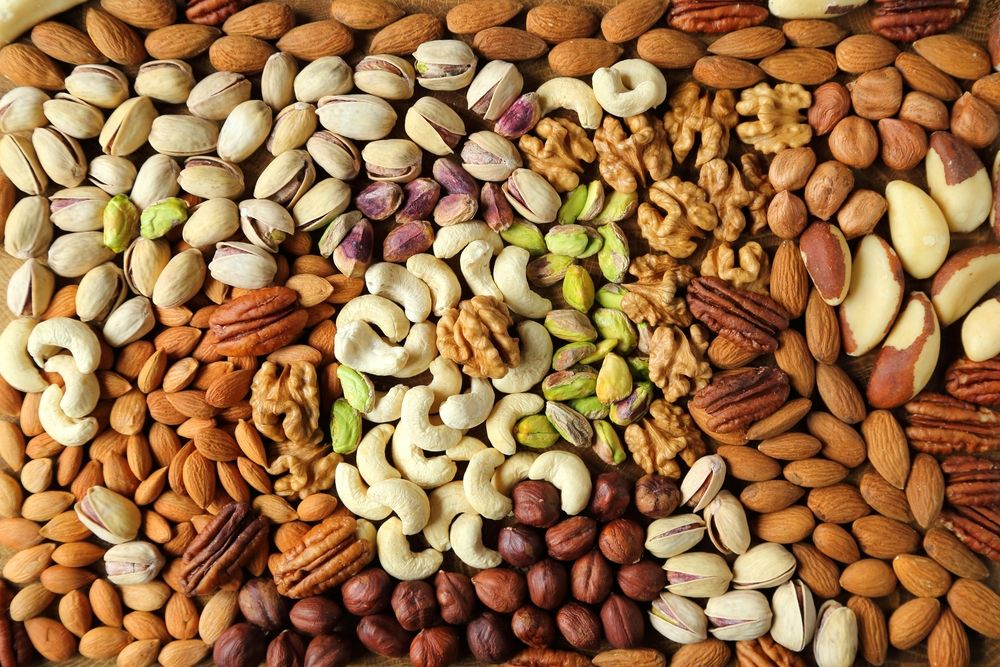When you're craving a snack that's both tasty and satisfying, nuts are an excellent choice. They offer a delightful flavor, versatility (enjoy them whole or as a butter), and help you feel full. Nuts are rich in fiber, protein, and healthy fats, making them a powerhouse of health benefits. They've been associated with improved heart and brain health, and they can help reduce inflammation.
Though all nuts contribute positively to health, we've delved into identifying the healthiest varieties among them.
1) Pistachios
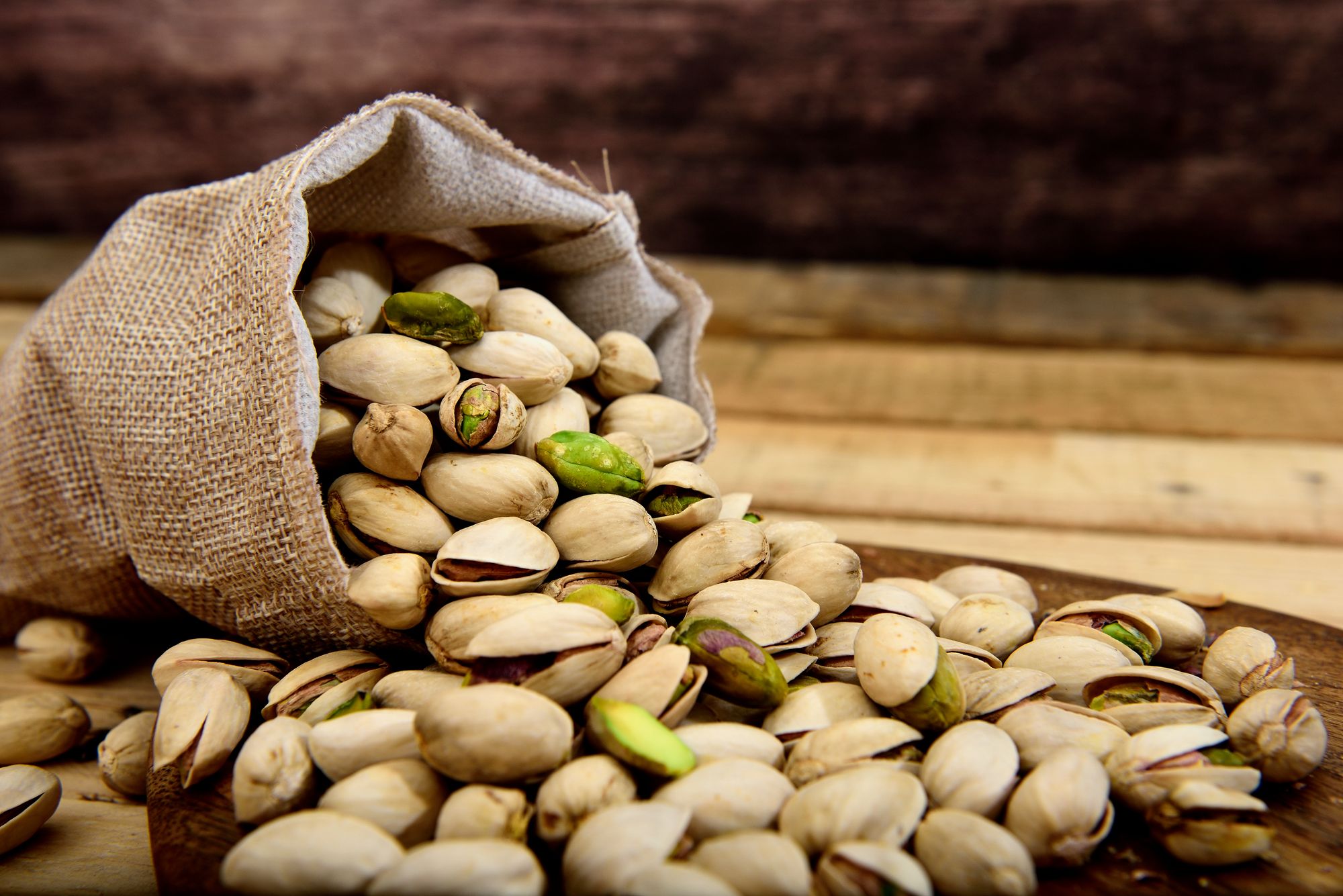
Pistachios are much more than a convenient snack or a delightful addition to desserts. These small green nuts are packed with health benefits and are unique in being a 'complete protein' among nuts.
Lauren Manaker, MS, RDN, explains that pistachios provide all essential amino acids, which our bodies cannot produce independently. This is particularly beneficial for vegetarians and vegans, who often struggle to find complete proteins, as most are derived from animal sources. Pistachios, like tofu, quinoa, and edamame, offer a plant-based way to achieve a balanced intake of both complete and incomplete proteins.
Additionally, pistachios boast impressive antioxidant qualities. A study by Cornell University, published in 'Nutrients,' highlighted that pistachios have one of the highest antioxidant capacities, even when compared to foods like blueberries, pomegranates, cherries, and beets, known for their antioxidant properties, as noted by Manaker.
Manaker also mentions research published in 'Diabetes Care' indicating that pistachios might lower glucose and insulin levels in individuals with prediabetes.
2) Walnuts
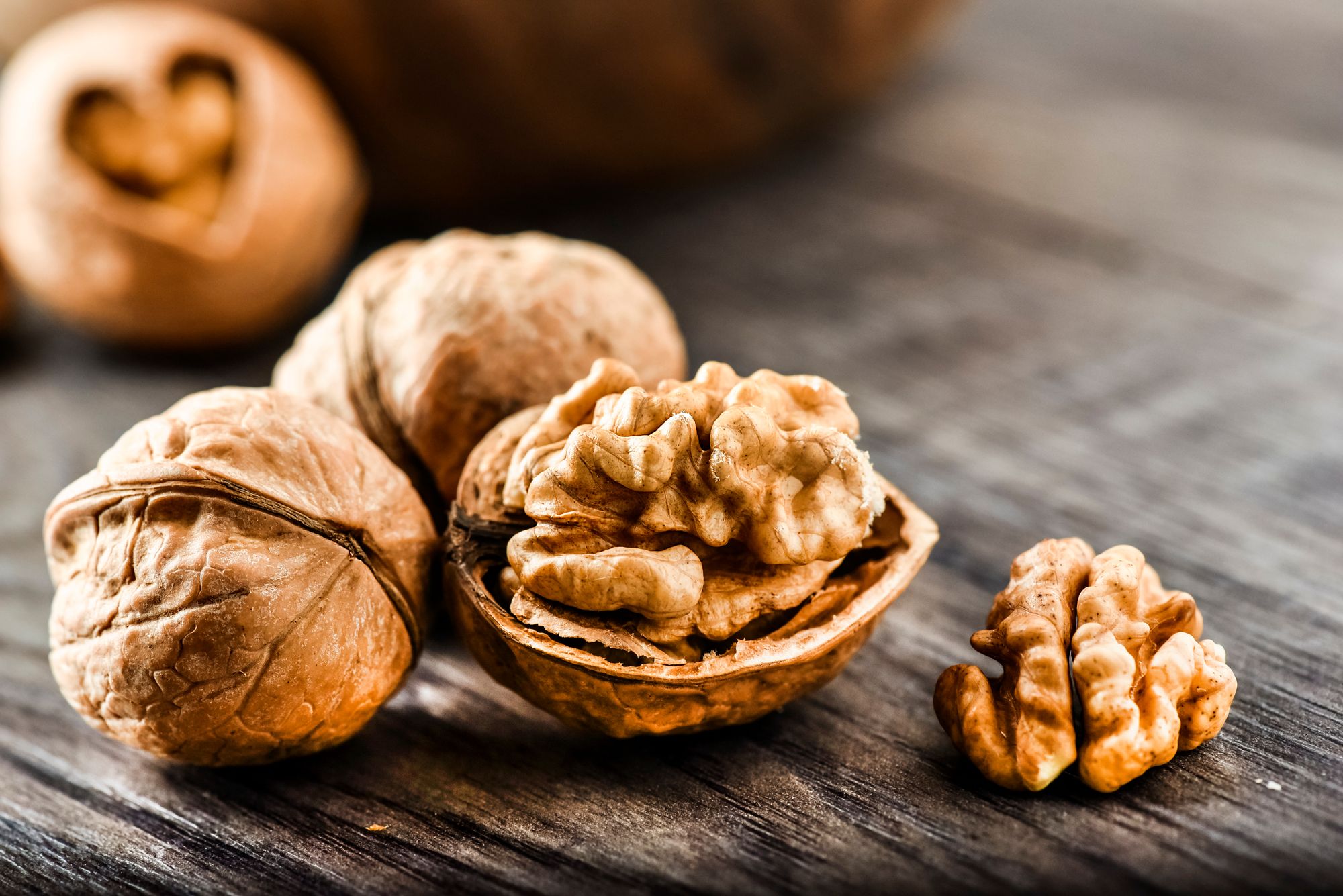
Walnuts are a versatile and healthy nut option, whether enjoyed on their own, sprinkled over a yogurt parfait, or added to a creamy pasta dish.
Lauren Manaker points out that walnuts are a great source of plant-based protein, fiber, and fat. She emphasizes that they are the only tree nut containing ALA omega-3 fatty acids, which are beneficial for heart, brain, and eye health.
Manaker also notes that incorporating walnuts into your diet in place of meat can increase your intake of fiber, magnesium, and omega-3 fatty acids. This substitution can lead to an overall improvement in diet quality, according to the data she references.
3) Macadamia Nuts

Macadamia nuts, though less renowned than walnuts, almonds, or pistachios, offer a subtly sweet flavor and a host of health benefits.
Lauren Manaker highlights research indicating that macadamia nuts can be part of a diet that promotes heart health and reduces risk factors for cardiovascular disease. Replacing foods high in saturated fats with nuts like macadamias can also aid in lowering the risk of heart disease.
Additionally, Manaker refers to a study in the Journal of Nutrition which found that consumption of macadamia nuts may help lower LDL 'bad' cholesterol levels, particularly in men with high cholesterol.
4) Almonds
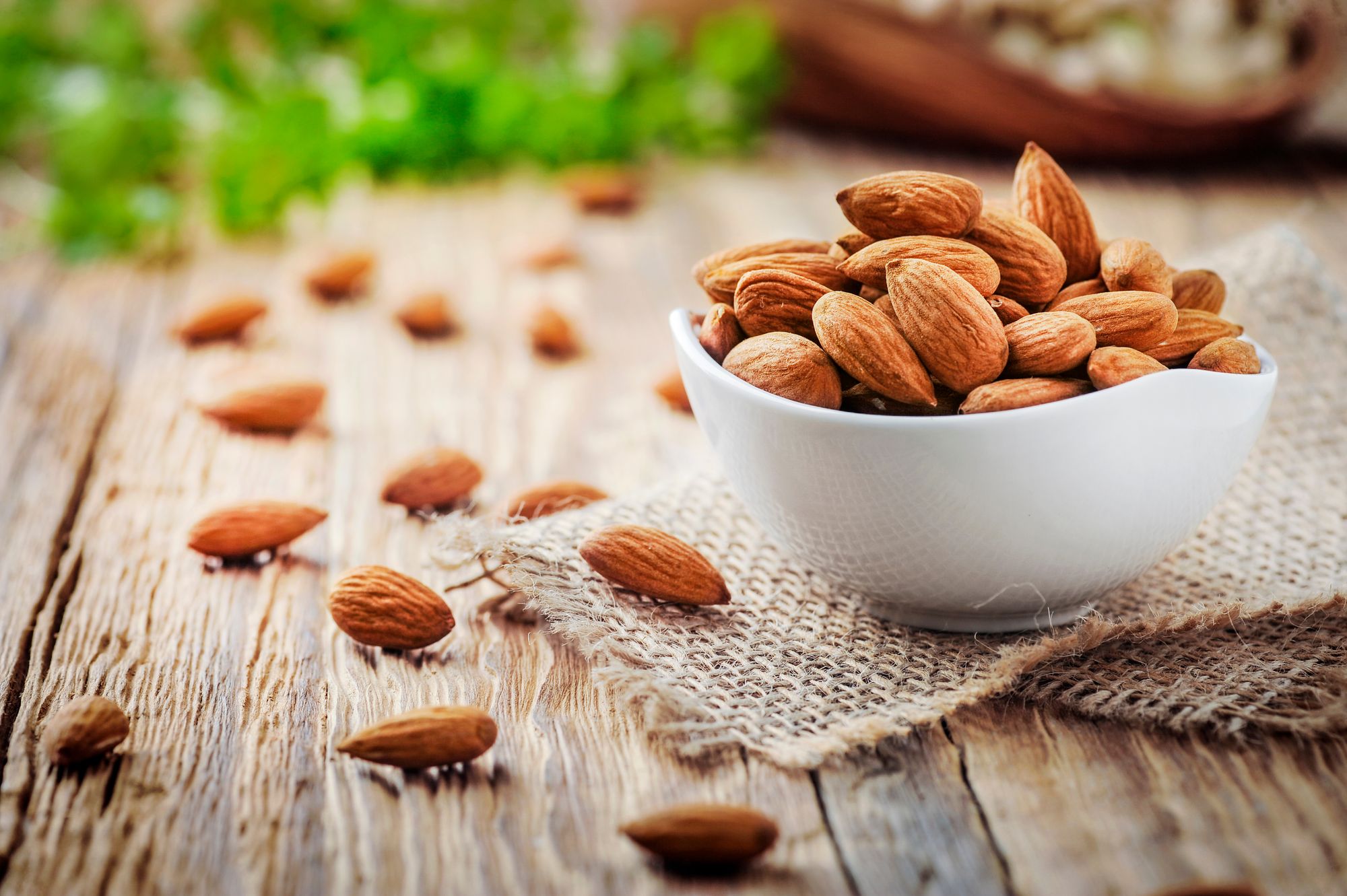
Almonds stand out as a nutritious snacking choice due to their rich content of healthy fats, protein, and fiber, which promote satiety. What sets them apart even further is their high level of vitamin E. A mere one ounce serving of almonds provides 45% of the daily recommended value.
Vitamin E, known for its potent antioxidant properties, plays a role in reducing inflammation and boosting immune function. It has also been associated with a decreased risk of coronary heart disease and benefits for brain and eye health.
In addition to their vitamin E content, almonds have been shown in research to contribute positively to heart health when included in a regular diet. Regular consumption can potentially help in reducing LDL (bad cholesterol) and overall cholesterol levels.
5) Brazil Nuts
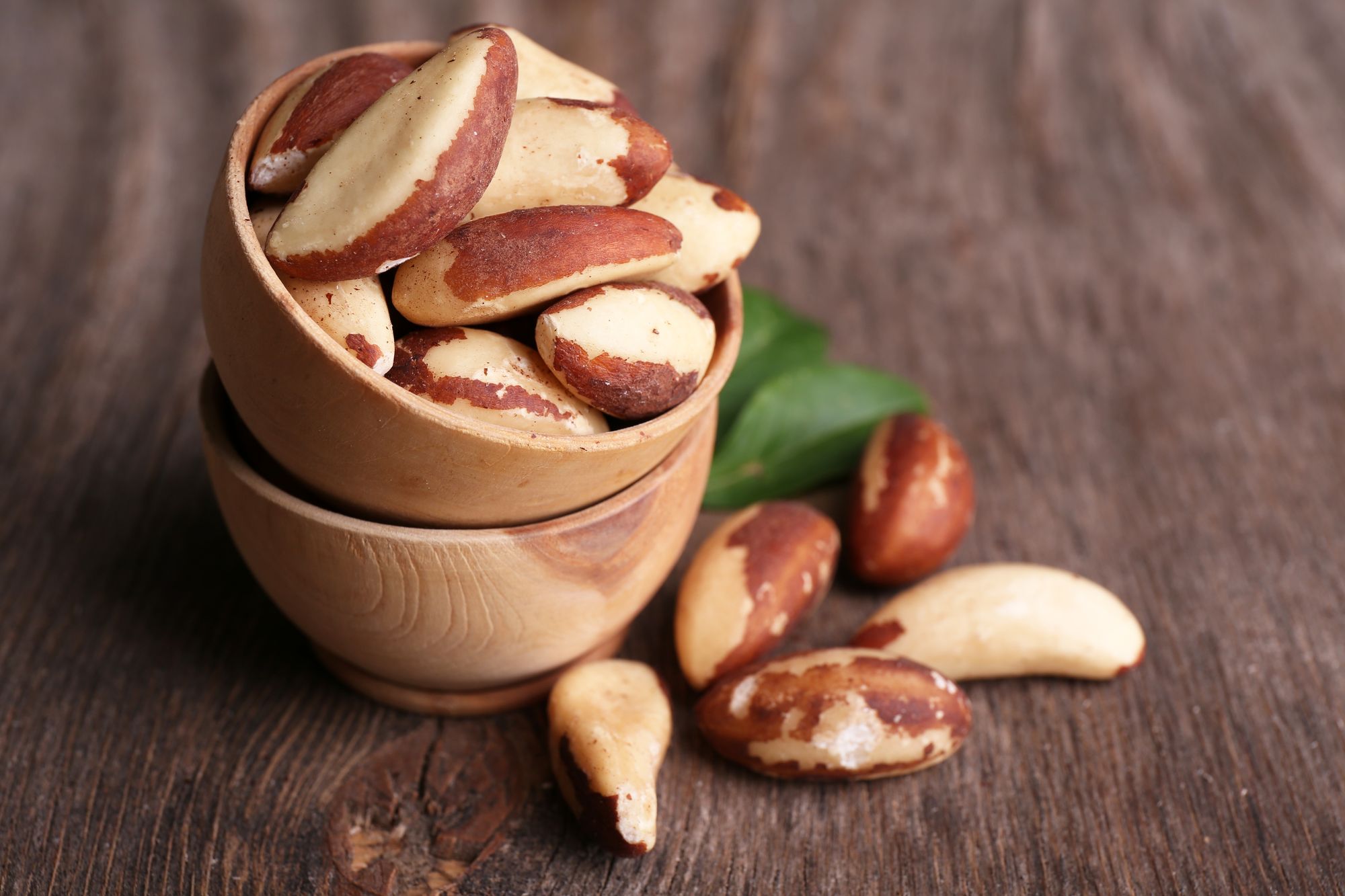
Including nuts in your diet is a great way to gain essential vitamins and nutrients, and Brazil nuts are a prime example. Not only do they offer protein and fat, making them a satisfying snack, but they are also notably rich in selenium.
A single Brazil nut provides an impressive 96 micrograms of selenium, which is 174% of the daily recommended value. Selenium plays a crucial role in various bodily functions such as thyroid hormone metabolism, protection against oxidative damage, and DNA synthesis. Additionally, this nutrient has been linked to reducing the risks of certain cancers, cardiovascular disease, and cognitive decline.
However, it's important to be mindful of selenium intake. Brazil nuts have such high selenium content that it's easy to exceed the recommended upper limit of 400 micrograms. The National Institutes of Health warn that consistently surpassing this limit can lead to stomach problems, hair loss, or neurological issues.
6) Cashews
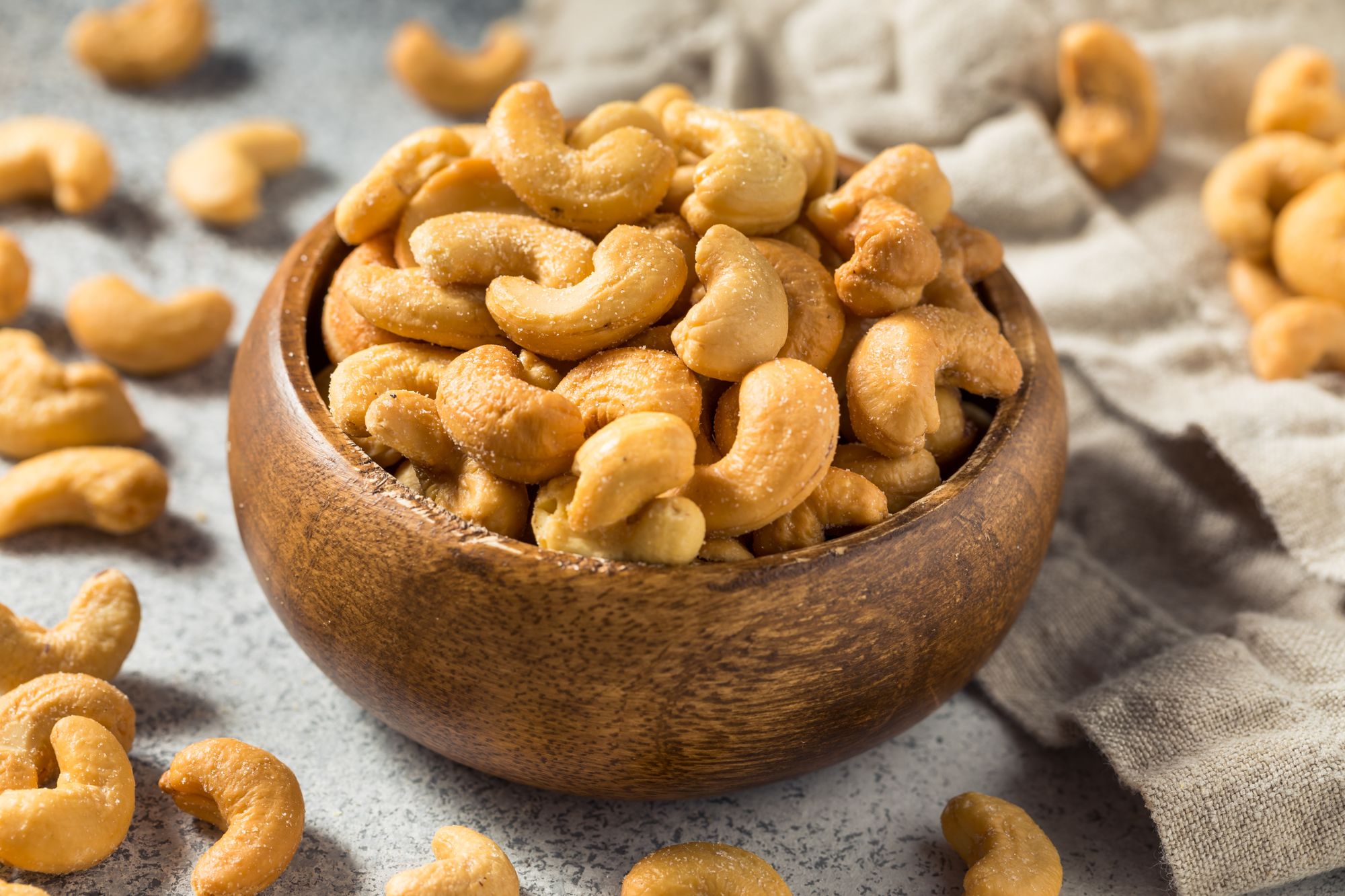
Cashews, known for their softer texture and milder flavor, are an exceptionally healthy snack option.
Firstly, cashews are rich in protein, healthy fats, and essential vitamins like vitamin K and magnesium. Just a one-ounce serving can significantly boost your nutrient intake.
Beyond their basic nutritional value, cashews have been identified as particularly beneficial for individuals with type 2 diabetes. Research published in the International Journal of Endocrinology and Metabolism showed that diabetes patients who ate cashews daily experienced lower insulin levels and reduced cholesterol.
Additionally, a 2019 review in Current Developments in Nutrition suggested that regular cashew consumption might help lower blood pressure. However, research is still ongoing regarding their overall impact on various aspects of heart health.
7) Pecans
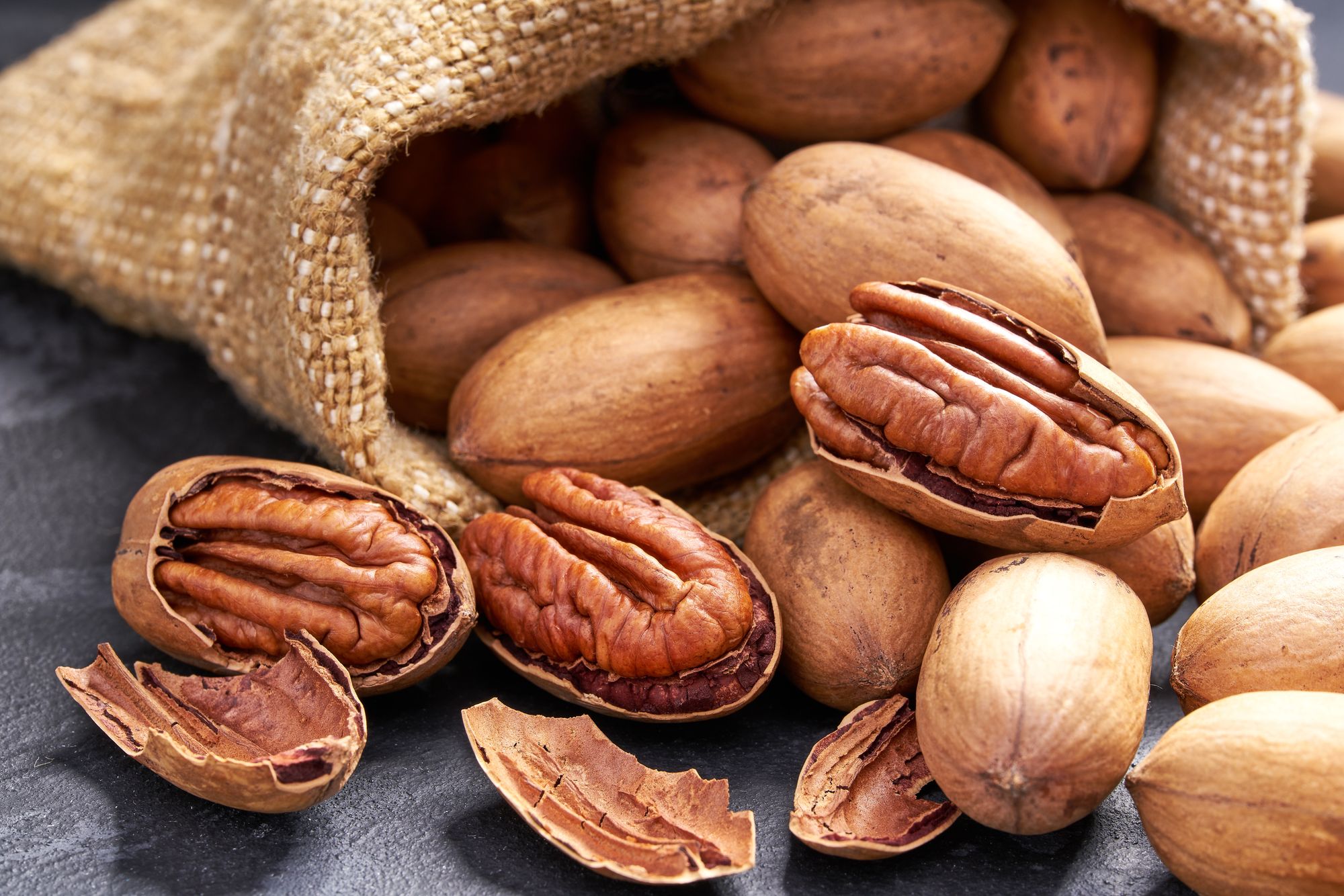
Pecans are often celebrated as a key ingredient in pecan pie, but beyond their culinary delights, they are nutritious nuts offering a variety of health benefits.
While pecans have slightly lower protein and fiber content compared to other nuts on this list, they compensate with their healthy fats, vitamin B, zinc, and manganese content. These nuts have been associated with enhancements in heart health and insulin regulation.
A 2020 study in the Journal of Human Nutrition and Dietetics demonstrated that individuals with coronary heart disease experienced improved cholesterol levels after consuming pecans daily for three months.
Furthermore, a 2018 study published in Nutrients revealed that obese patients following a 'pecan-rich diet' showed improvements in insulin levels. Researchers highlighted this as a significant factor in cardiometabolic health, which encompasses the wellness of the heart, blood, and blood vessels.
8) Hazelnuts

Hazelnuts round out our list of the healthiest nuts, offering a multitude of nutritional benefits. While often recognized for their contribution to Nutella, hazelnuts are much more than a sweet treat ingredient. They provide a significant portion of the daily recommended values for vitamin E, manganese, and magnesium, and are a good source of healthy fats, protein, and fiber.
Moreover, hazelnuts are rich in antioxidant plant compounds, which have been linked to reduced inflammation and oxidative stress damage.
Research also suggests hazelnuts can positively impact heart health. A study in the Journal of Clinical Lipidology indicated that hazelnuts might help lower levels of LDL (bad cholesterol) and total cholesterol, particularly in individuals with high cholesterol.

